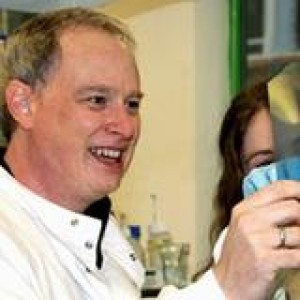Prof Mike Cheetham

Professor of Molecular and Cell Biology
University College London
 United Kingdom
United Kingdommichael.cheetham@ucl.ac.uk
iris.ucl.ac.uk/research/personal?upi=meche52
Research Interests
Aberrant protein folding or defects in protein homoeostasis (proteostasis) are a major cause of human disease and manipulating protein folding and processing could have important therapeutic potential. Proteins can fail to adopt the correct shape and aggregate inside cells as a result of genetic mutations or environmental stress. When this happens in the eye it leads to blindness and in the brain it leads to neurodegeneration. We are trying to understand how this happens and looking for ways to intervene and stop protein aggregation or the deleterious effects of aggregation. Correct protein folding is an essential biological process. When proteins do not obtain correct native structure, their normal function is either impaired or absent and the aggregates that form from misfolded proteins may in themselves be deleterious. To ensure correct assembly in the cellular milieu many proteins interact with molecular chaperones during the folding process. Failure of protein folding can lead to disease simply through absence of protein function, for example in cystic fibrosis, but some mutations may also lead to protein aggregation. Protein aggregates are found in many neurodegenerative diseases, for example Alzheimer's disease, Huntington's disease and motoneuron disease. In retinal degeneration, aggregation may be important in retinitis pigmentosa (RP). We investigate if development of these aggregates and if protein aggregation can be prevented by manipulating chaperones. We also investigate how molecular chaperones have become specialized in the nervous system.

